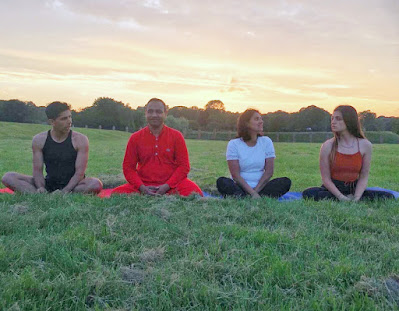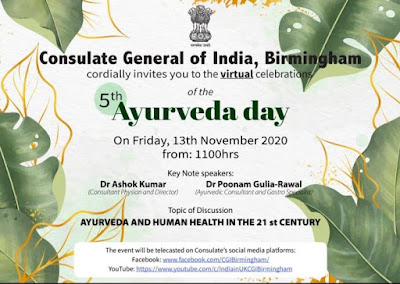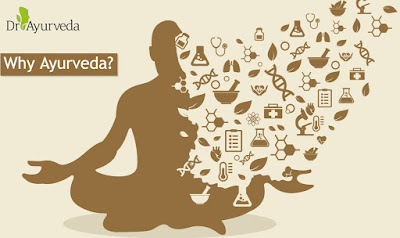What is Ayurveda? Explanation by Dr Ayurveda Official
❖ Ayurveda is the ancient system of holistic healing and evolved in Asia over 5000 years ago
❖ It was founded by the ancient sages who produced this unique and original health care system
❖ Ayurveda applies to all living beings
❖ The word Ayurveda originates from Sanskrit (the most oldest language) and is derived from the two roots, vid = knowledge and ayus = daily living or life cycle
❖ Therefore, Ayurveda is the knowledge of daily living and the life cycle
❖ In Ayurveda, the human is considered to be a combination of the three components: physical, mental and spiritual. The balance of all three is considered to be the key of health within this health care system
❖ The principles of Ayurveda is based on the three doshas (tridoshas): vata, pitta and kapha. These are energies that are present throughout the body and mind. They regulate every physiological and psychological process in the living being. When unbalanced, they cause various signs and symptoms, leading to complex diseases and problems if left untreated
❖ Ayurveda also encompasses meditation, yoga, astrology, panchakarma (therapy for detoxification and rejuvenation) and herbo minerals
❖ It is not just confined to medicine but considers the overall lifestyle both physically and spiritually
❖ The aim of Ayurveda is to guide towards contentment optimal well being
Enable GingerCannot connect to Ginger Check your internet connection
or reload the browserDisable in this text fieldEditEdit in GingerEdit in GingerEnable GingerCannot connect to Ginger Check your internet connection
or reload the browserDisable in this text fieldEditEdit in GingerEdit in GingerEnable GingerCannot connect to Ginger Check your internet connection
or reload the browserDisable in this text fieldEditEdit in GingerEdit in Ginger















